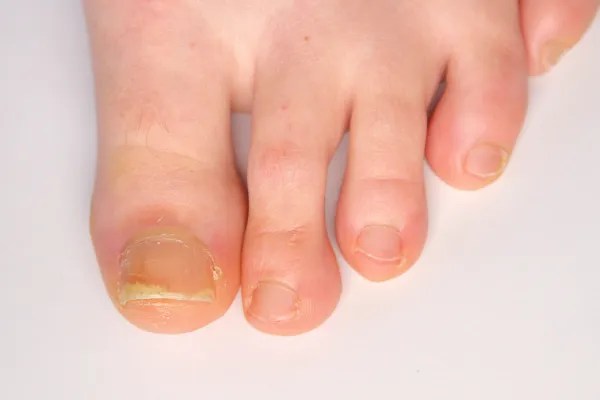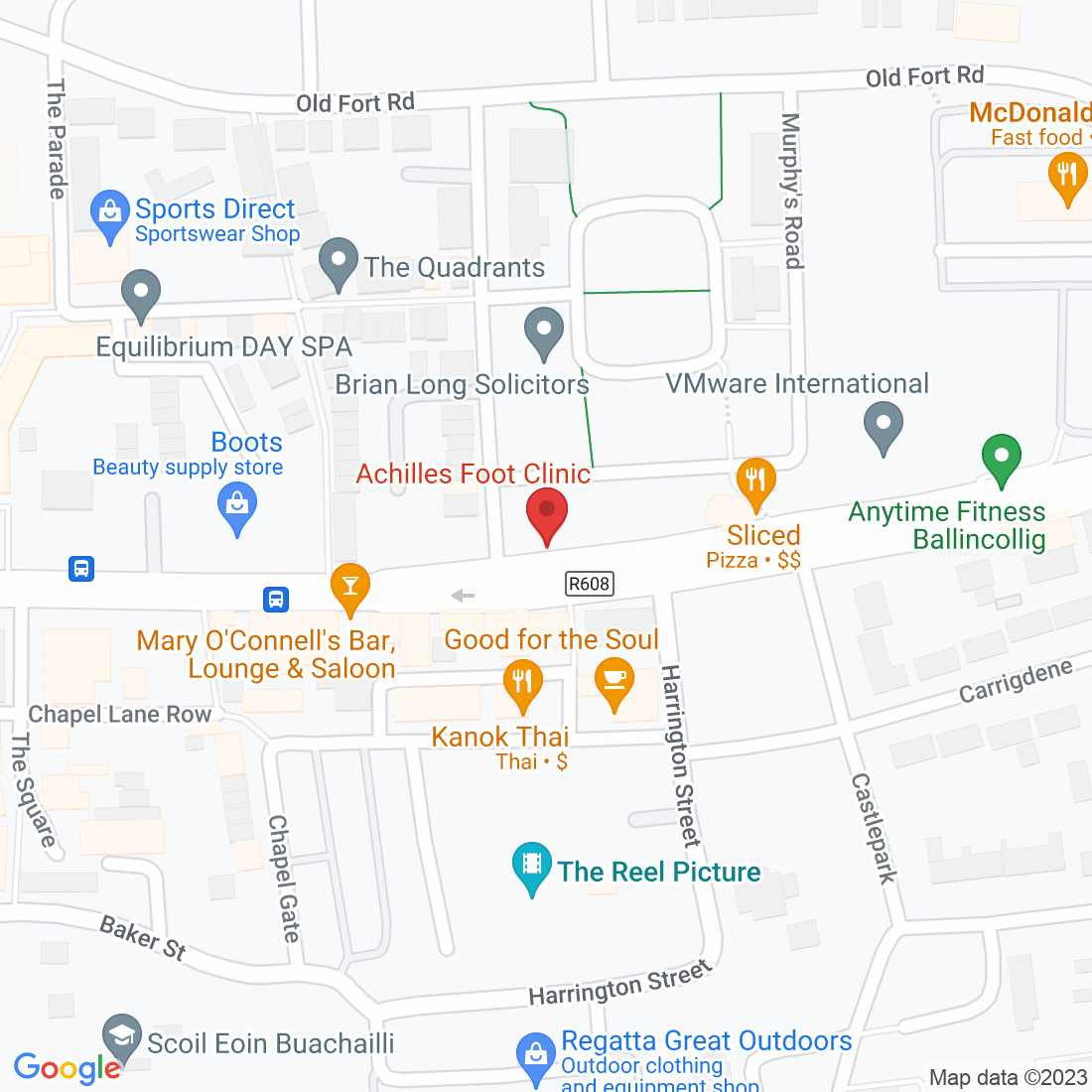
We have all been there, neglected a niggle in our foot and told ourselves that it would probably go away. Weeks have passed, even months, and it’s only getting worse. Then finally, when we are hobbling around barely able to walk, we decide to seek help…
Well, at Achilles Foot Clinic, we are here to help you.

Why Are My Toenails Getting Hard and Yellow?
Have you noticed your toenails changing lately? Maybe they’re getting thicker, harder to trim, or turning a yellowish colour. If so, you're not alone — and you’re not imagining things either.
Changes like these are common, especially as we get older. But just because they’re common doesn’t mean you should ignore them.
In this blog, we’ll walk you through why your toenails might be getting hard and yellow — and what you can do about it.
What’s Actually Happening to the Nail?
Toenails grow from the nail matrix — the root part under the skin near the cuticle. If that area becomes damaged or infected, it can change how the nail grows out. Over time, that can lead to:
Thickening of the nail plate
Yellow, brown, or even white discolouration
Brittleness or crumbling
Difficulty trimming or discomfort in shoes
Top Causes of Hard, Yellow Toenails
Let’s break down the most common reasons you might be seeing these changes.
1. Fungal Nail Infection (Onychomycosis)
This is one of the most common causes of yellow, thickened toenails. Fungus can sneak in through tiny cracks in the nail or skin, especially if your feet are often damp or sweaty.
What it looks like:
Yellow or white streaks
Nail thickening and roughness
A musty or unpleasant smell in some cases
It’s stubborn — and it won’t go away on its own. But the good news is: we can treat it!
2. Trauma or Repeated Pressure
Ever stub your toe hard or wear tight shoes that squash your toes? Even small injuries like these can cause nail damage. If the nail bed is hurt, the nail may grow out thicker and darker over time.
Common with:
Runners and hikers
People who wear steel-toe boots or tight footwear
Older adults with less flexible skin and nails
3. Age-Related Changes
As we age, our nails naturally become thicker, drier, and may grow more slowly. This can lead to a yellowish tinge and harder nails, especially if there’s reduced circulation in the feet.
While it’s a normal part of ageing, it doesn’t mean there’s nothing you can do to improve comfort and appearance.
4. Psoriasis or Skin Conditions
People with skin conditions like psoriasis can also have nail changes — including thickened or pitted toenails that turn yellow or brown.
If you’ve been diagnosed with a skin condition, it’s worth checking in with a podiatrist to see if it’s affecting your nails too.
What You Can Do About It
The first step is getting the right diagnosis. All yellow nails aren’t the same — and treating the wrong thing can lead to frustration.
Here’s how we can help at Achilles Foot Clinic:
✅ In-Clinic Nail Assessment
We’ll take a close look at your nail and surrounding skin. In some cases, we may recommend a sample for fungal testing to confirm what’s going on.
✅ Safe Nail Care
We use sterile tools and podiatry-grade equipment to reduce thick nails painlessly. This can make shoes more comfortable and improve nail appearance right away.
✅ Fungal Treatment Options
If fungus is the issue, we have a range of options — including topical treatments, laser therapy, and tips for keeping nails clean and dry.
✅ Custom Advice Just for You
No two nails (or people) are the same. We’ll guide you on home care, footwear, and when to come back in for follow-ups so your nails keep improving.
When Should You Seek Help?
If your toenails are:
Too thick to cut comfortably
Painful or causing pressure in shoes
Getting worse over time
Making you feel self-conscious
It’s time to get them checked. You don’t have to live with nails that are uncomfortable or embarrassing.
Final Thoughts: Healthy Nails Are Possible
Hard, yellow toenails might be common — but they’re not something you have to “just live with.” Whether it’s fungus, pressure, or just time catching up with your feet, there are simple, effective treatments that can help.
At Achilles Foot Clinic, we’re here to help you walk more comfortably and confidently. Your feet carry you through life — let’s keep them feeling good and looking their best.
Ask Lorcan And His Team
Fill in the form to request a Call From Our Team
Fill in the form to request a Call From Our Team
One of our team will call you for FREE and answer any questions or concerns you may have about Bunions.
One of our team will call you for FREE and answer any questions or concerns you may have about your uncomfortable Bunions.








